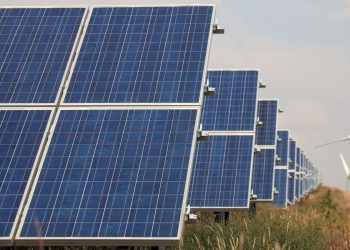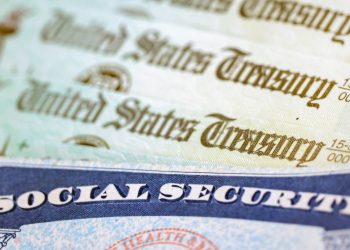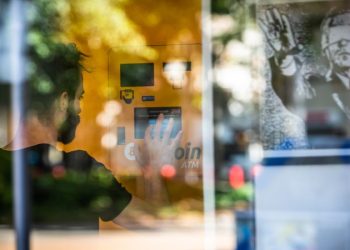Trump responded to Beijing’s latest export controls on Friday by imposing additional 100% tariffs on Chinese exports to the United States, as well as new export controls on critical software by November 1.
Register here.
REPLY TO Trump
The statement from China’s Commerce Ministry on Sunday was Beijing’s first direct response to Trump’s lengthy Truth Social post on Friday, in which he accused Beijing of suddenly increasing trade tensions after an uneasy truce was reached six months ago between the world’s two largest economies, allowing them to trade goods without exorbitant tariff rates.
“Our relationship with China over the last six months has been very good, which makes this trade decision even more surprising,” Trump said.
The Commerce Department said in a similarly lengthy statement that its export controls on rare earth elements followed a series of U.S. measures since bilateral trade talks in Madrid last month.
“The US actions have seriously damaged China’s interests and undermined the atmosphere of bilateral economic and trade negotiations, and China is resolutely opposed to it,” the ministry said.
Beijing has not explicitly linked these U.S. actions to its restrictions on the export of rare earth elements, saying they were motivated by concerns about military applications of these materials in an era of “frequent military conflicts.”
He also delayed announcing a corresponding levy on US imports to China, unlike earlier this year, when the two superpowers gradually increased their tariffs on each other until the US rate reached 145% while China’s was 125%.
“PATH OF NEGOTIATIONS”
China’s decision not to immediately respond in kind to Trump’s opening salvo in this latest round of trade tensions could leave the door open for the two countries to negotiate a de-escalation, analysts say.
“By clarifying the reasons for its retaliatory measures, Beijing is also charting a potential path for negotiations. The ball is now in the United States’ court,” said Alfredo Montufar-Helu, managing director at strategic consultancy GreenPoint.
But Hutong Research said in a note Saturday that if Beijing chooses not to respond to Trump’s 100% tariff hike, it could mean it is no longer prioritizing a long-term deal with him, reflecting a loss of confidence in its ability to hold back the hawks or deliver on its commitments.
The market regulator on Friday announced an antitrust investigation against US chipmaker Qualcomm following its June 2025 acquisition of Israeli chip designer Autotalks.
Hours after the Commerce Department’s response to Trump’s announcement and the tariff hike, SAMR said Qualcomm had completed the acquisition without informing the regulator, adding that the US company had acknowledged this.
“Based on clear facts and conclusive evidence, our office lawfully initiated an investigation into Qualcomm’s illegal acquisition of Autotalks,” SAMR said.
CHINA SAYS EXPORT CONTROLS DO NOT CONSTITUTE EXPORT BANS
The Commerce Department also refuted Trump’s narrative that China was using its dominance in processed rare earths and rare earth magnets to attack all countries, not just the United States.
“We have been contacted by other countries who are extremely angry about this great trade hostility that has come out of nowhere,” Trump said Friday on Truth Social.
China produces more than 90% of the world’s processed rare earths and rare earth magnets. The 17 rare earths are essential materials in products ranging from electric vehicles to aircraft engines and military radars.
Exports of 12 of them are restricted after China’s Commerce Ministry on Thursday added five – holmium, erbium, thulium, europium and ytterbium – along with related materials.
The statement released by the Commerce Ministry on Sunday sought to reassure foreign businesses spooked by the latest export curbs, promising to promote compliant trade by granting general-purpose licenses and license exemptions.
“China’s export controls are not export bans,” he added. “Any application for export for civilian use that complies with the regulations will be approved, and the companies concerned will not have to worry.”
Reporting by Eduardo Baptista in Beijing and Selena Li in Hong Kong; Editing by William Mallard
Our Standards: The Thomson Reuters Trust Principles.









